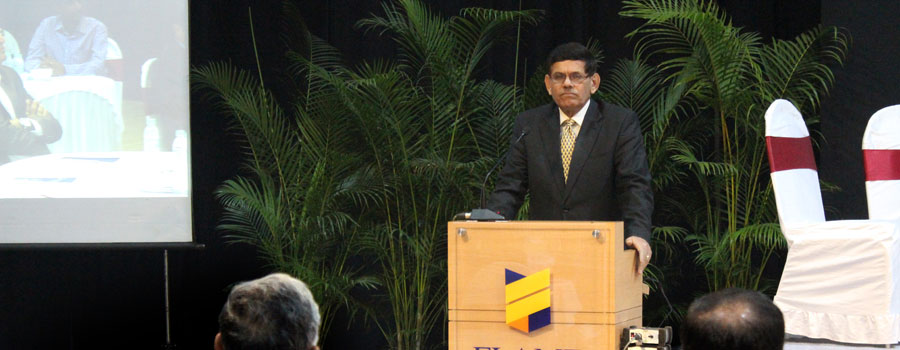Due to a professed belief in research driven undergraduate education, this first ever student conference at FLAME University explicitly invited students of colleges across India to submit abstracts toward selection and presentation in Pune. By so doing we constituted an undergraduate academic community to facilitate research and advocacy on cultural questions that frame our time.
At a time when undergraduate education in India is being reconstituted through the creation of new universities, traditional disciplines are yielding to new questions. Interdisciplinary conversations are throwing out new challenges, and necessitate the participation of all stake-holders in addressing the questions. To collaborate on these new interrogations, undergraduate students were invited to express, participate, and engage the cultural implications of our times. Informed by concepts, practices and methodologies that have emerged from cultural studies, younger voices challenged and engaged existing scholarship.
The colleges represented were: Sophia College, NALSAR University, NLSIU – Bangalore, Jawaharlal Nehru University, Shiv Nadar University, EFLU – Hyderabad, Nalanda University, Symbiosis Law School, ILS Law College and University of Kerala amongst others.
THE CONFERENCE THEMES INCLUDED:
- Power, culture and knowledge: Re-examining how mythology and society align across Indian history
- The City: Community spaces and reconstitutions of urban forms and solidarities; Gendering discourses on bodies and public space
- Regional writing and minor literatures: Translating bhasha literatures and comparative studies
- Dramatic adaptations: Storytelling in narrative modes such as dastangoi, naqal, bideshi, nautanki, tamasha
- Food Studies: Narrating identity through regions to de-emphasize geographic boundaries
- Digital humanities: Recuperating collective memory through crowd-sourced archival collections in new media such as the Indian Memory Project, the traveling archive etc.
- “Indian-ness” Reimagined: Mapping popular culture, film and commercial writing
- Critical Theory in India: Re-visiting political philosophy and alternate epistemologies
- Legal Studies: Querying colonial legacies, constitutionalism, minority rights, censorship and governance
The conference had three panels:
- Panel 1 – Re-imagining ‘Indian-ness’ through Regional Writing & Minor Literatures
- Panel 2 – Devouring and Gendering Discourses on the Body – Reconstituting Geographic Boundaries
- Panel 3 – Recuperating Memories Alternative Epistemologies
The moderators were Dr. Arshia Sattar and Dr. Prachi Deshpande.
Arshia Sattar teaches classical Indian literatures at various institutions all over India. She is the acclaimed translator of Valmiki’s Ramayana, and the Kathasaritsagara. She has a PhD from the Department of South Asian Languages and Civilizations at the University of Chicago, and her areas of interest are Indian epics, mythology and the story traditions of the subcontinent.
Prachi Deshpande is Associate Professor of History at University of California, Berkeley. Previously, she taught at Rutgers (Newark) and Colorado State and is now at the Centre for the Study of Social Sciences in Kolkata. She has a keen interest in history, and is acclaimed for her work on Maratha history and literature. Columbia University Press published her work titled “Historical Memory and Identity in Western India, 1700-1960” in 2007.


